HEALTH CARE ACCESS:
The Honduran government provides two types of health centers throughout rural Honduras: Centros de Salud Médico Odontológico (CESAMOs) and Centros de Salud Rural (CESARs). CESAMOs are the larger of the two, often found in municipalities, and typically have at least one physician on staff at all times with nurses and potentially a dentist. CESARs are found sporadically in rural communities and generally have a single nurse available.
Even with this coverage, it is important to note that medications, supplies, and materials are often unavailable in these health centers. The physician density in Honduras remains around 1,220 people for every doctor. According to the World Health Organization, there should be a maximum of 435 people per physician to qualify a country with adequate access to medical attention.
The nearest health centre from El Ojochal is about 2 kilometers away in a community called El Coyolito. For many health needs, community members must travel about an hour away to a hospital in San Lorenzo. Since most people do not have vehicles, they must travel by bus that comes to the community. Given the distance from the nearest health facilities, El Ojochal is a community that can especially benefit from the Community Health Workers Program.

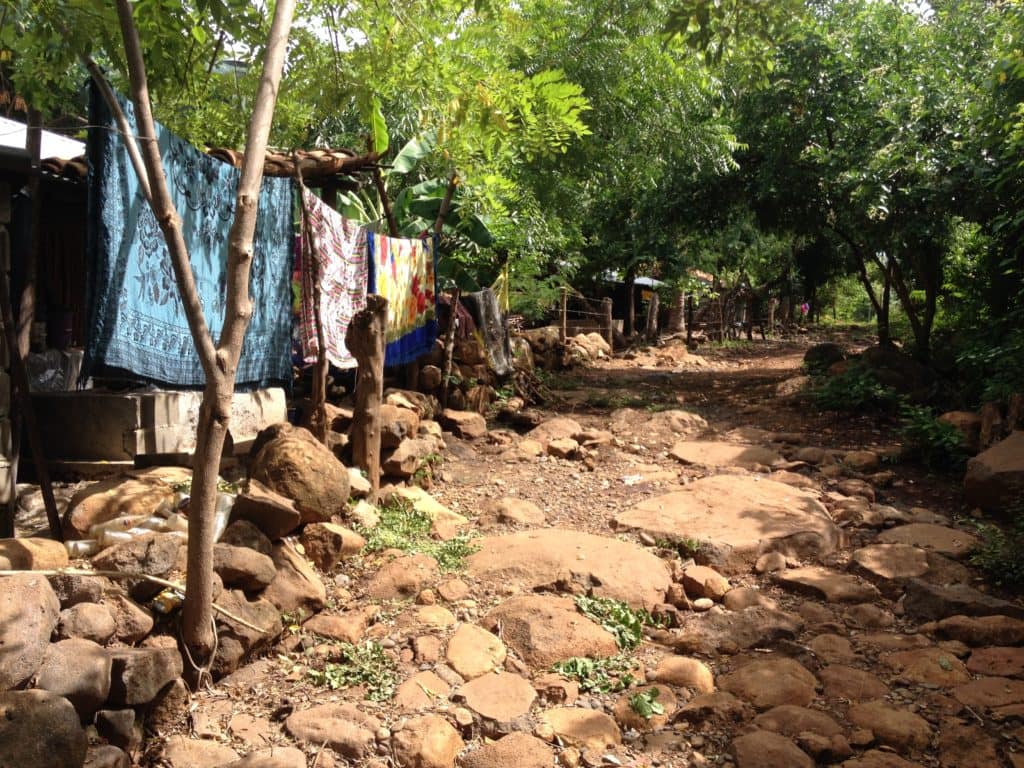
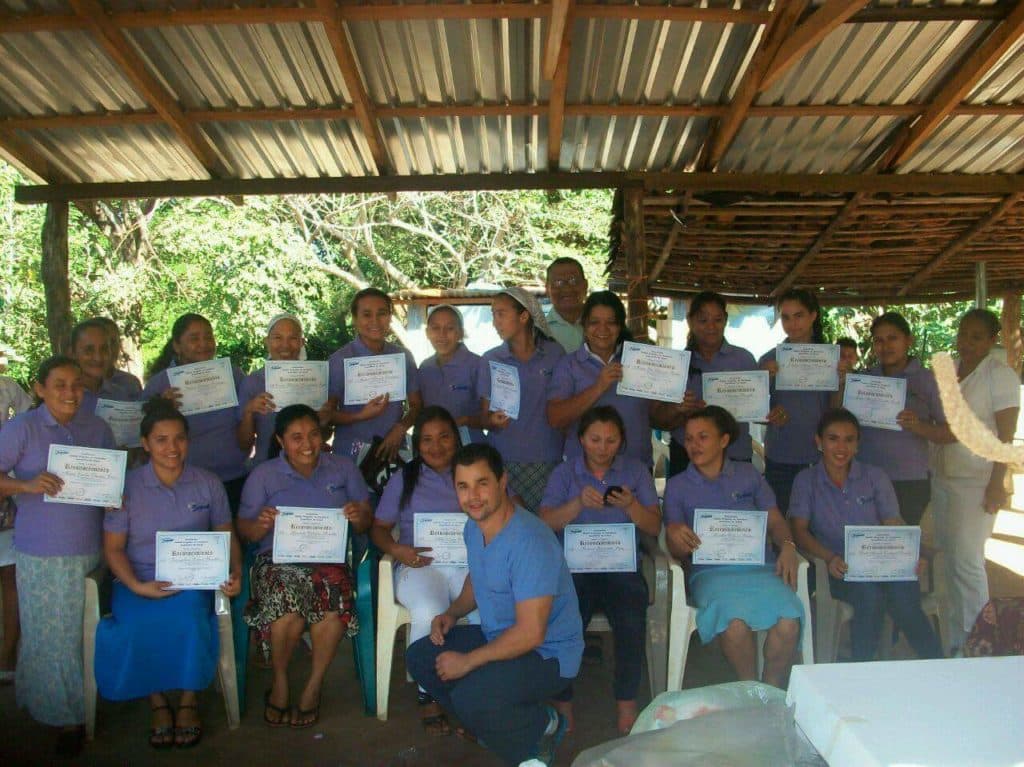 COMMUNITY HEALTH WORKERS:
COMMUNITY HEALTH WORKERS: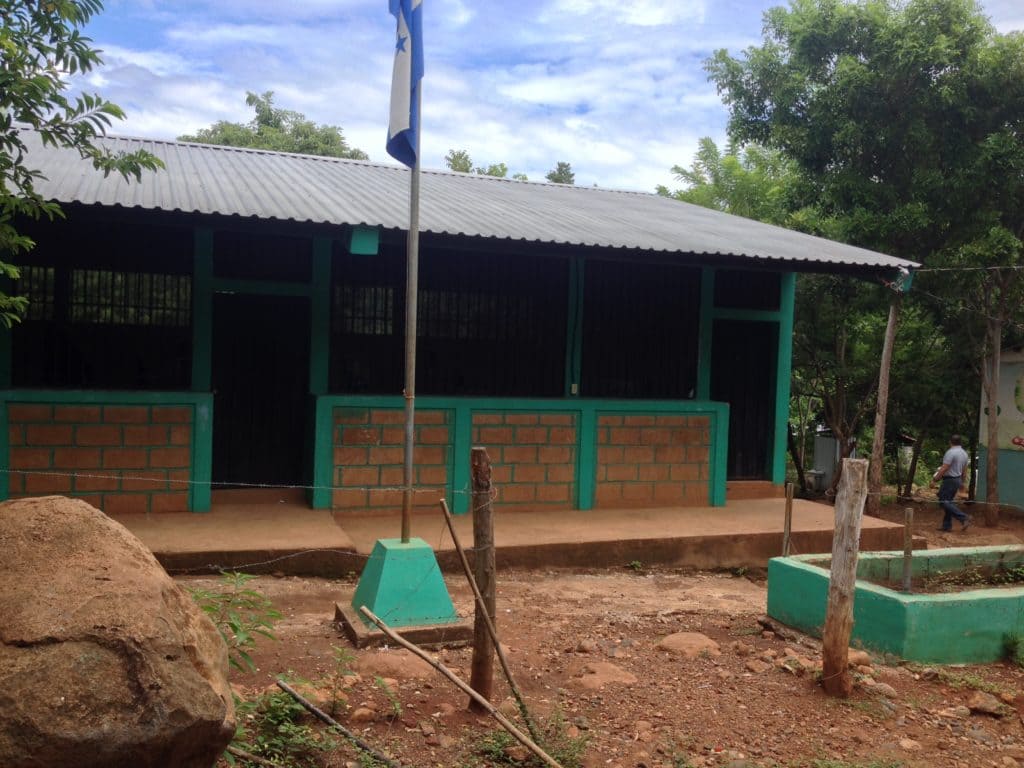 BRIGADE INFORMATION:
BRIGADE INFORMATION: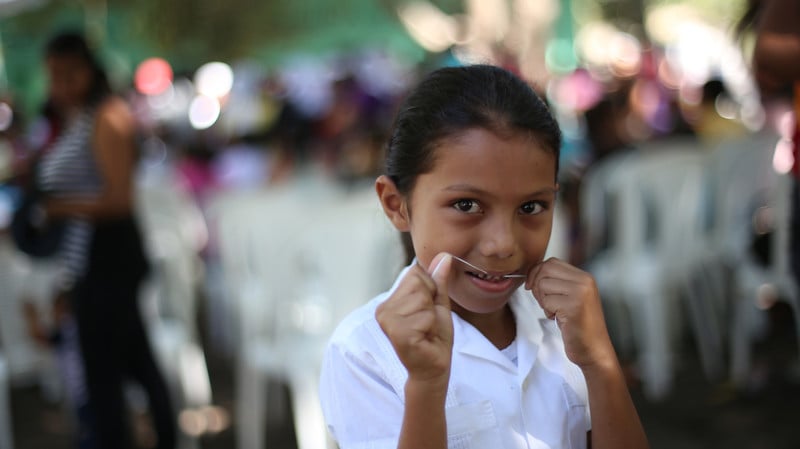 BRIGADE INFORMATION:
BRIGADE INFORMATION: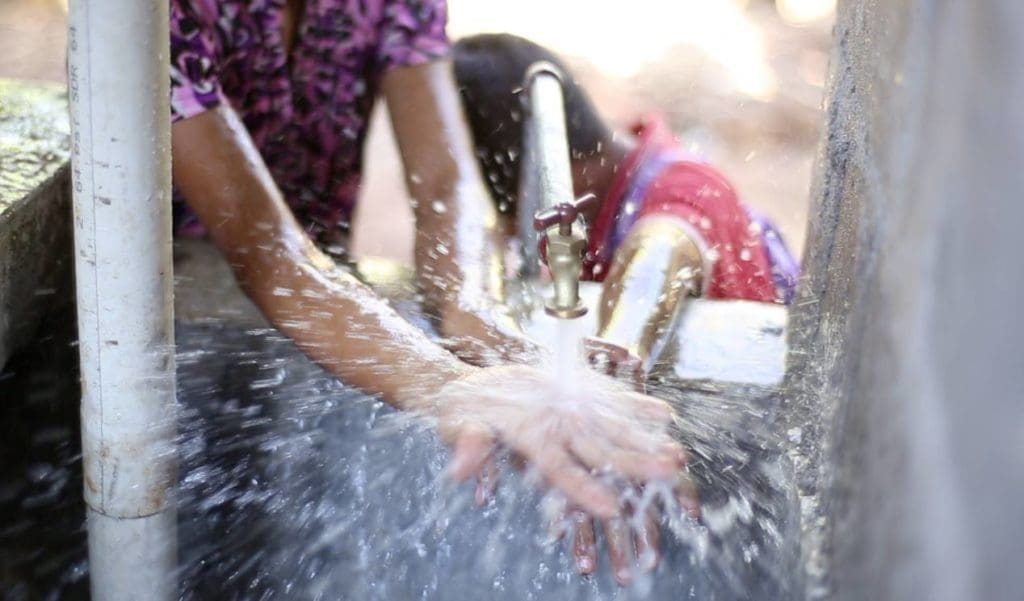 EL OJOCHAL’S ENGINEERING SOLUTION:
EL OJOCHAL’S ENGINEERING SOLUTION: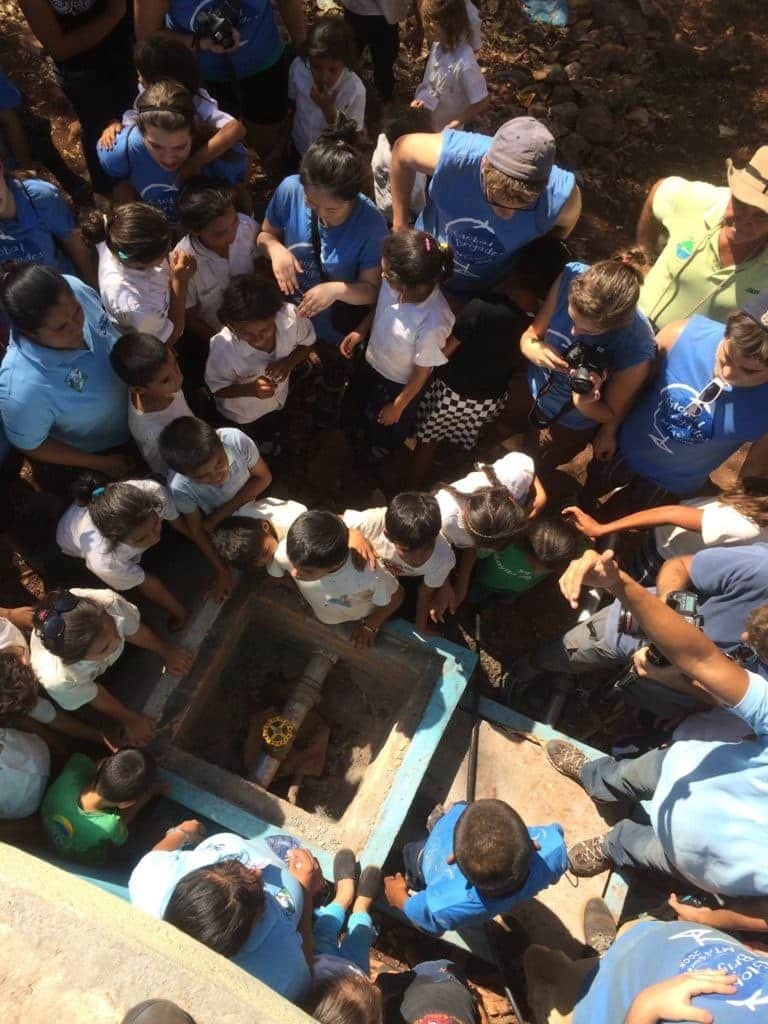 EL OJOCHAL’S WATER SOLUTION:
EL OJOCHAL’S WATER SOLUTION: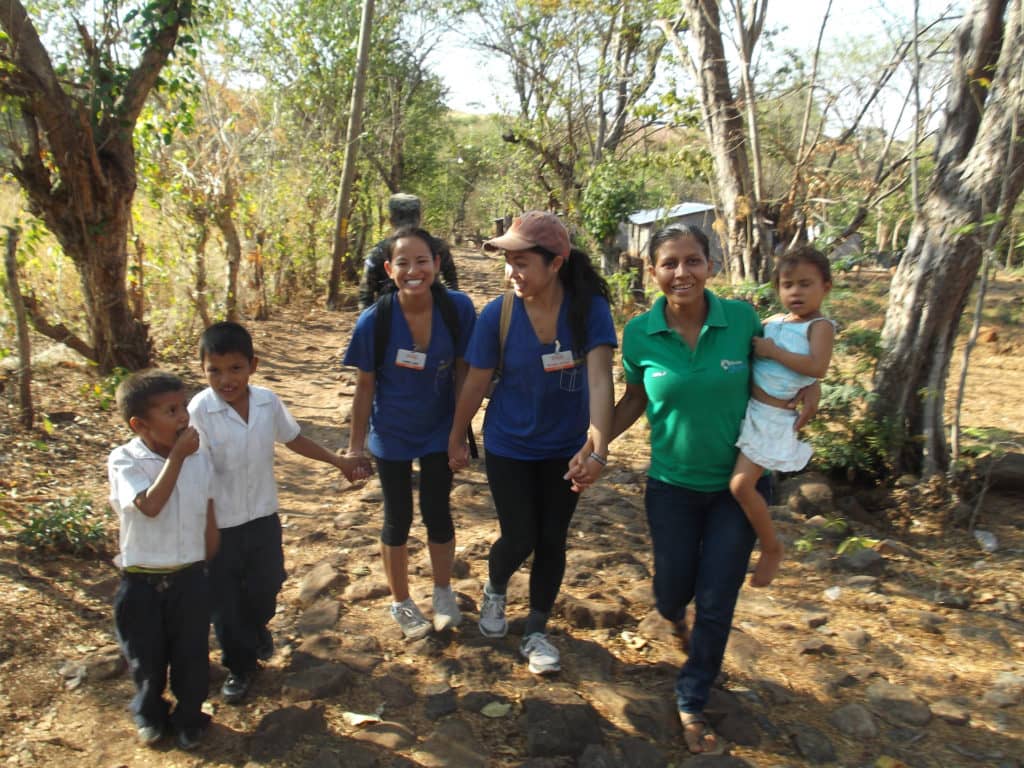 EL OJOCHAL’S MICROFINANCE SOLUTION
EL OJOCHAL’S MICROFINANCE SOLUTION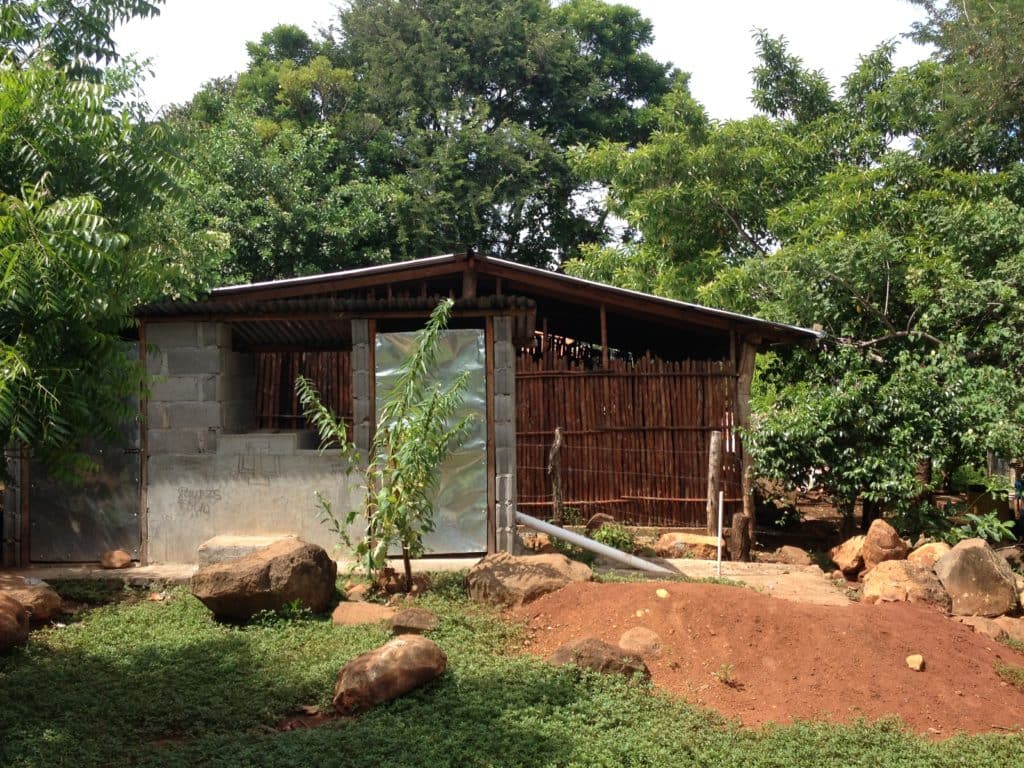 EL OJOCHAL’S PUBLIC HEALTH SOLUTION
EL OJOCHAL’S PUBLIC HEALTH SOLUTION